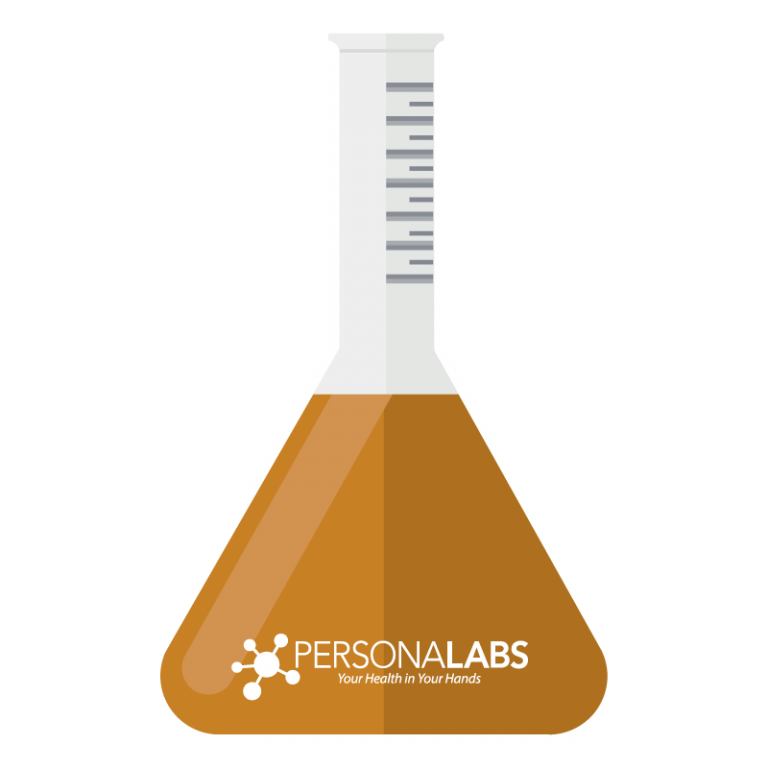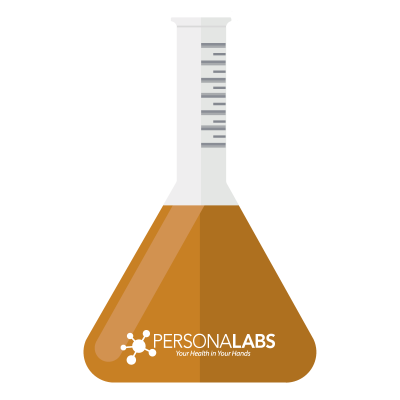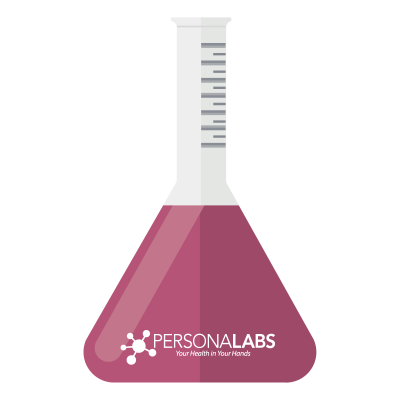- Fast results
- 4,000+ locations
- 4.8 star rating
Need Help? (888) GET LABS
Need Help? (888) GET LABS
Need Help? (888) GET LABS

* This is not a home test kit. You will need to visit a local lab for testing.
Fasting Required: 10-12 hours
Turnaround Time: 2-3 business days
Specimen Type: Blood
Blood Cell Count, Complete Blood Count with Differential, CBC, or Full Blood Count.
A CBC blood test is one of the most commonly ordered lab tests and serves as a vital indicator of overall health. This comprehensive test measures various components of your blood to evaluate your well-being. The CBC lab test can help detect early signs of health issues such as fatigue, infections, or anemia. It also helps monitor chronic conditions, assess treatment effectiveness, and support routine health screenings as part of a general health test.
The CBC blood test measures the levels and characteristics of blood cells, providing valuable insights into your overall health. Specific components evaluated in CBC labs include:
Red blood cell count
White blood cell count
Platelets
Hemoglobin
Hematocrit
Mean corpuscular volume (MCV)
These metrics help identify a wide range of potential health issues related to oxygen transport, immune response, and blood clotting.
Healthcare providers often recommend a CBC with differential as part of annual health exams or when evaluating specific symptoms. The CBC blood test is also used for screening, diagnostic, and monitoring purposes, especially for individuals with a history of blood disorders or chronic conditions that affect overall wellness.
No special preparation is needed before taking a CBC with differential and platelet count test. However, your healthcare provider may suggest avoiding certain medications or supplements that could temporarily affect your blood results.
Normal adult CBC test results fall within these ranges:
Our complete blood count test reports are easy to read so you can use them to make important healthcare decisions. Results that fall outside the normal ranges may indicate a potential health issue that warrants further testing for conditions such as cancer, infectious disease, heart disease, or anemia and other blood-related concerns.
It’s important to note that dehydration, medications can influence test results, and activity level, among other factors, so you’ll want to consult with a physician about any abnormal results.
CBC testing is easy and convenient with Personalabs. Here’s how it works:
Step 1: Visit our website’s general health and wellness tests section, purchase the test, and download the lab order. (You don’t need a doctor to sign off on the lab order, depending on the state you live in.)
Step 2: Choose the lab closest to you from our 4,000-plus partner facilities and schedule your blood draw.
Step 3: Go to the lab with the blood work order and take the test.
Step 4: Receive your detailed results, typically within 2 to 10 business days, at your secure Personalabs portal.
We’re here to help you find the information and tools to take charge of your health. Start shopping for your lab tests online, or contact our customer service team with any questions.
Results are typically available within 2 to 10 business days, depending on the testing lab and your location.
While a CBC cannot directly measure vitamin levels, it can reveal abnormalities—like low red blood cells or hemoglobin—that may suggest deficiencies in iron, vitamin B12, or folate.
No fasting is required for a CBC blood test. However, if your doctor orders additional tests, such as cholesterol or glucose, fasting might be recommended.
Most adults benefit from an annual CBC blood test as part of a routine health exam. Those with chronic conditions or ongoing symptoms may need it more frequently.
Yes. Physical or emotional stress can temporarily elevate white blood cell counts, so it’s important to share recent stress factors with your healthcare provider when reviewing results.
A CBC blood test cannot diagnose cancer, but it can show abnormalities in blood cell counts that may prompt further testing to rule out or confirm serious conditions.
| Provider | LabCorp, Quest |
|---|

Order Your Test
Create an account, choose your tests, checkout securely, generate your lab order

Generate & Print Out Lab Order
Our physician network will approve your order within 2-4hrs.

Visit the Lab
The test price decides which lab you will visit: Quest or Labcorp. Find a location in your area.

Get Your Results
Results can be provided in as little as 24-48 hrs. For more complex tests, please contact us for turn around times.
Based on 2,295 reviews subject to moderation
For more information about the characteristics of the review control, the possibility of contacting the author of the review, the time frames for publication and retention of reviews, as well as the methods of deleting or modifying reviews, please check our Terms and Conditions.
I was a walk in. They got me in right away.
Review of 10/22/2025, reflecting an experience on 10/19/2025 by Robert M
simple and fast
Review of 8/17/2025, reflecting an experience on 8/14/2025 by O O
Fast, efficient receiving the approved order from the Doctor and
Review of 8/14/2025, reflecting an experience on 8/11/2025 by Stacy S
Easy to understand and query for test . Sign up for new account
Review of 8/2/2025, reflecting an experience on 7/18/2025 by George C
Needed to reschedule the lab date, and after messaging them 2 tim
Review of 8/2/2025, reflecting an experience on 7/16/2025 by W W
Good and easy as normal and great coupons!
Review of 8/2/2025, reflecting an experience on 7/18/2025 by William A
I been using personal labs for a while now and I always get a bet
Review of 7/11/2025, reflecting an experience on 7/8/2025 by Ted J
I ordered blood labs from Personalabs for the first time over the
Review of 7/10/2025, reflecting an experience on 7/6/2025 by Margaret E P
I have been using personal labs for years. I appreciate being abl
Review of 7/8/2025, reflecting an experience on 7/5/2025 by Cheryl H
I love the convenience and affordability of using personalabs. I
Review of 7/5/2025, reflecting an experience on 6/23/2025 by Waleska M
Great customer service got everything right.
Review of 7/5/2025, reflecting an experience on 6/24/2025 by THEODOROS T
It’s been 3 days now on INR Test # 160240 & I have not seen a
Review of 7/5/2025, reflecting an experience on 6/18/2025 by THEODOROS T
The experience was quick and easy. I actually thought I hadn't pu
Review of 7/5/2025, reflecting an experience on 6/23/2025 by Londale W
Easy and efficient.
Review of 7/5/2025, reflecting an experience on 7/1/2025 by Dan G
Easy to order, informative test catalogue, easy to schedule, effi
Review of 7/5/2025, reflecting an experience on 7/1/2025 by Hillary J
I was a walk in. They got me in right away.
Review of 10/22/2025, reflecting an experience on 10/19/2025 by Robert M




Easy to order, informative test catalogue, easy to schedule, effi
Review of 7/5/2025, reflecting an experience on 7/1/2025 by Hillary J